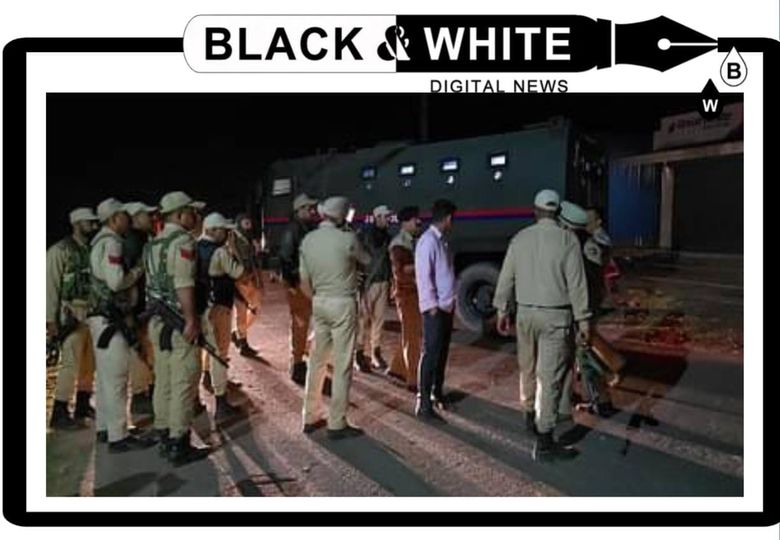Enemy Agents Ordinance: What is it, Why was Maqbool Bhat Executed, and Why is it in the News Now?



Subscribe to our newsletter to get our newest articles instantly!
Implementation of Rural Development Schemes Concludes at Leh Leh, February 07, 2026: The three-day State-Level Training Programme on Effective Implementation…
Article 370 Aub Tak Revoke Nahi.Huva Hai Jis Din Revoke Hoga Us Din Jammu Kashmir Hindustan Se Alag Hojayega MLA…
Mehraj Malik K Liye Bolte Waqt Me Emotional Hogya Mla Hilal Lone
Hum Kashmiri Logon K Dushman Hai Ya Humdard Yeh Hume NC Se Certificate Lene Ki Zarurat Nahi Hai LOP Sunil…
We use cookies to improve your experience on our site. By using our site, you consent to cookies.
Manage your cookie preferences below:
Essential cookies enable basic functions and are necessary for the proper function of the website.
These cookies are needed for adding comments on this website.
These cookies are used for managing login functionality on this website.
Statistics cookies collect information anonymously. This information helps us understand how visitors use our website.
Google Analytics is a powerful tool that tracks and analyzes website traffic for informed marketing decisions.
Service URL: policies.google.com (opens in a new window)
Sign in to your account
